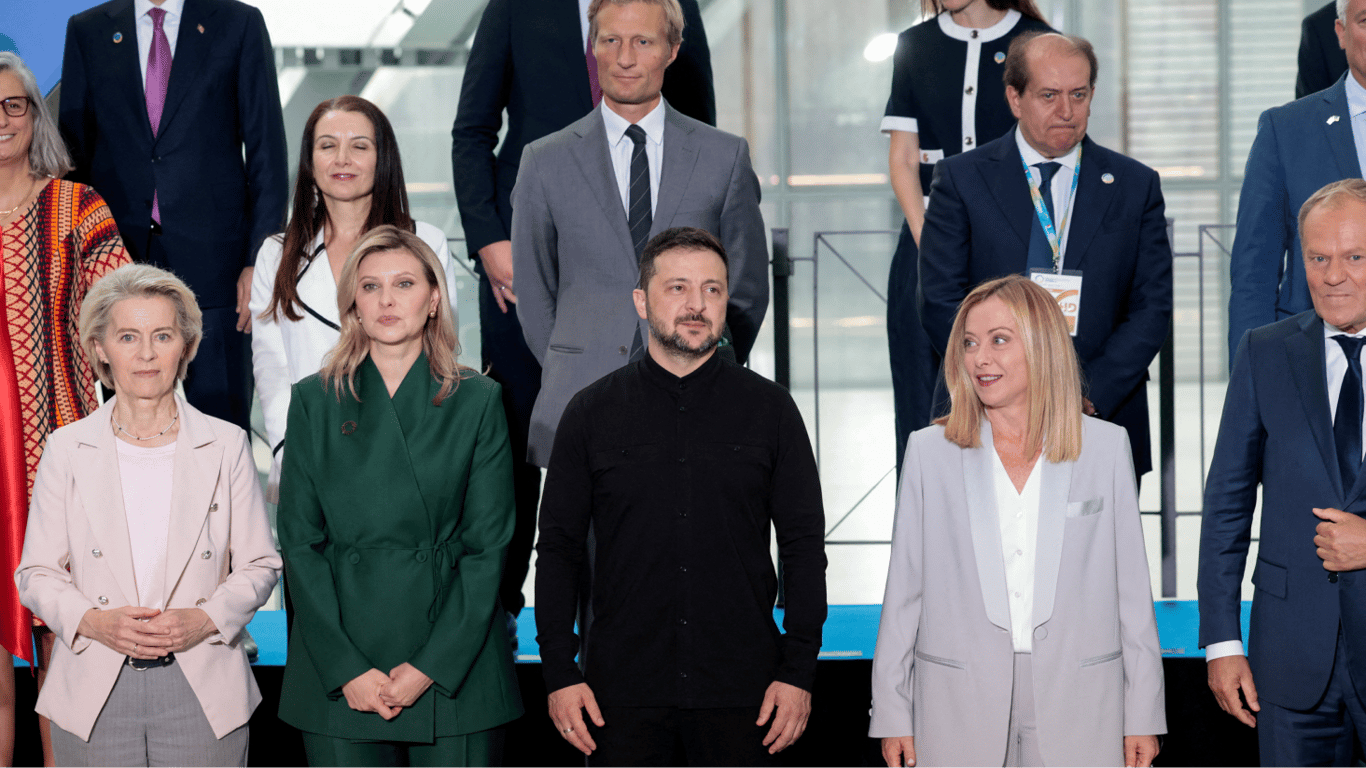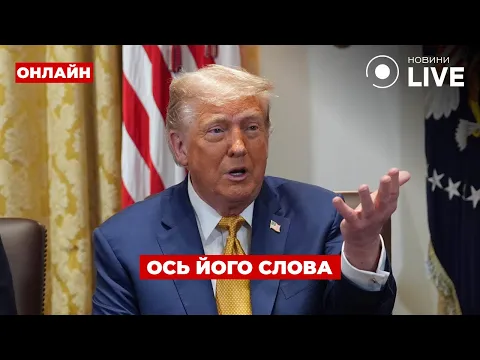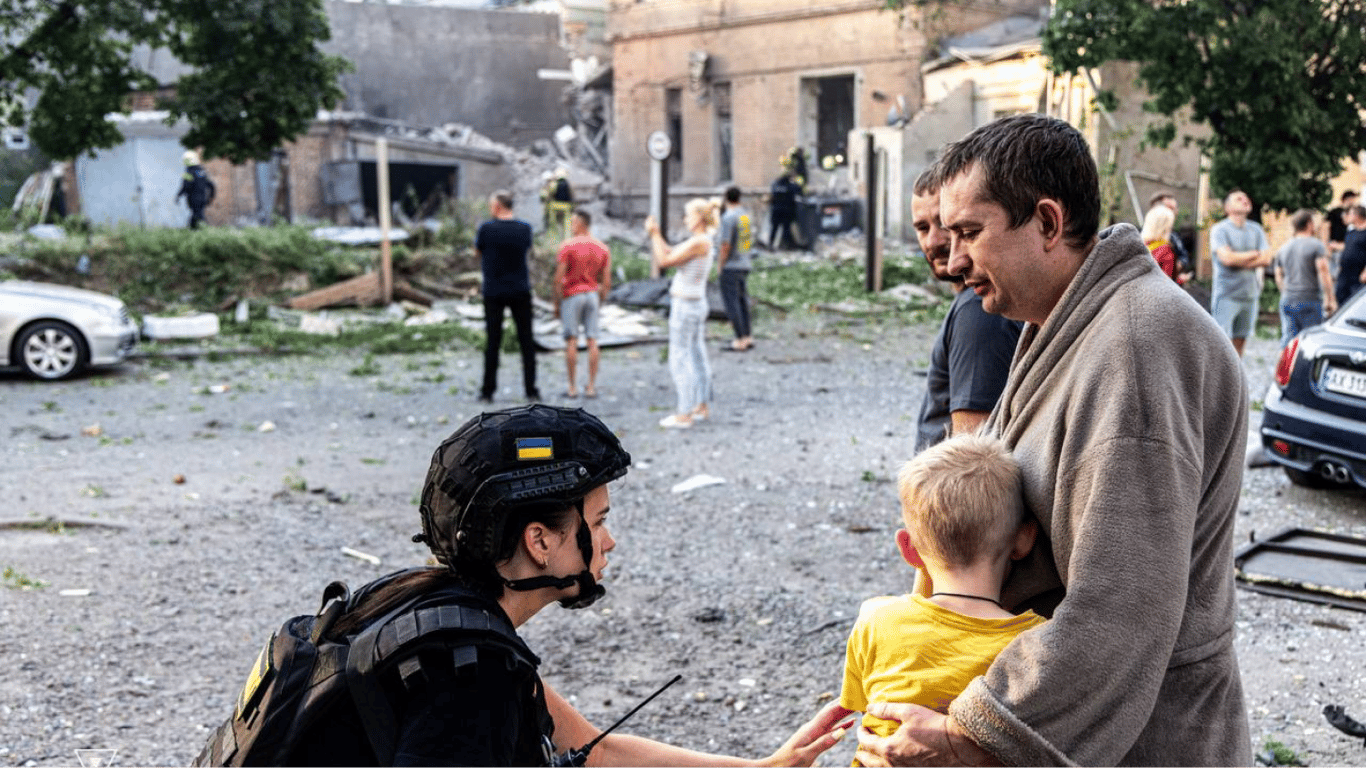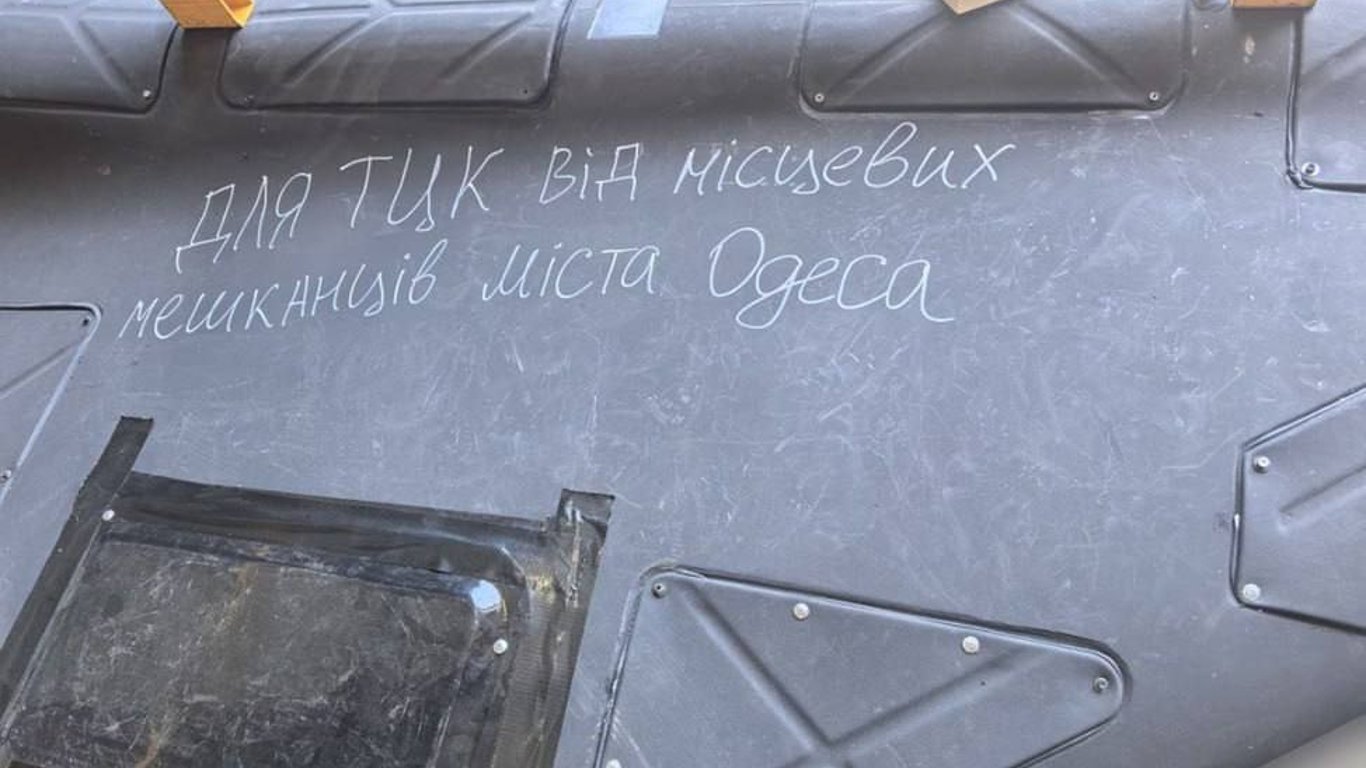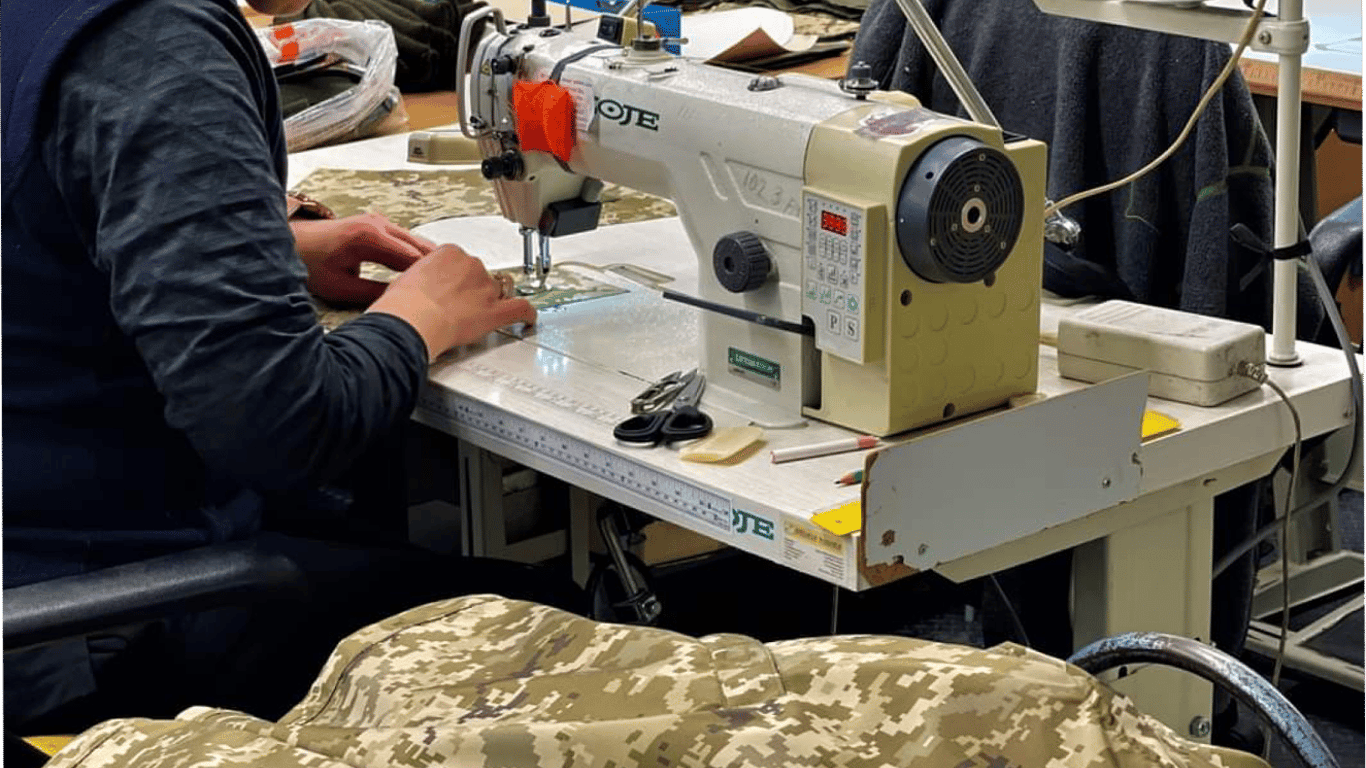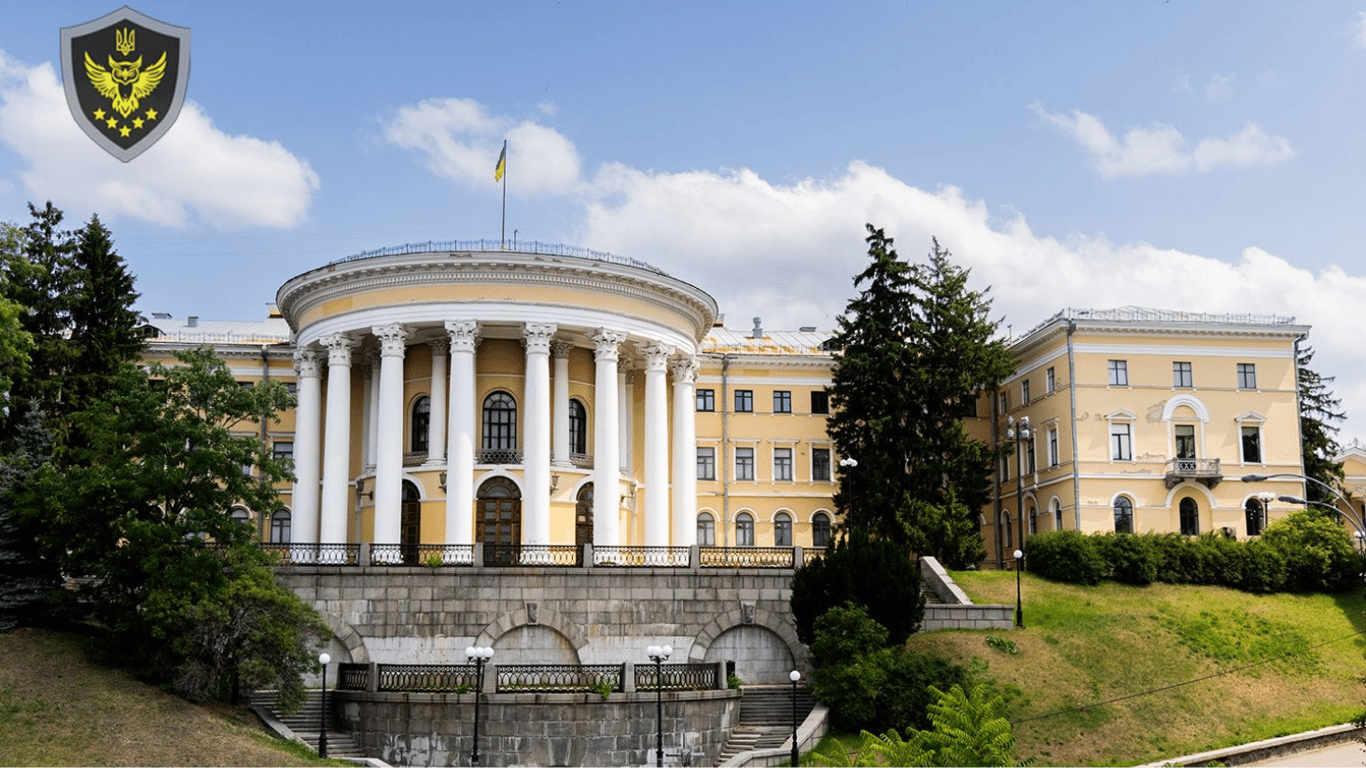Attempt to Bribe Border Guards in Odesa Region — for What Amount.

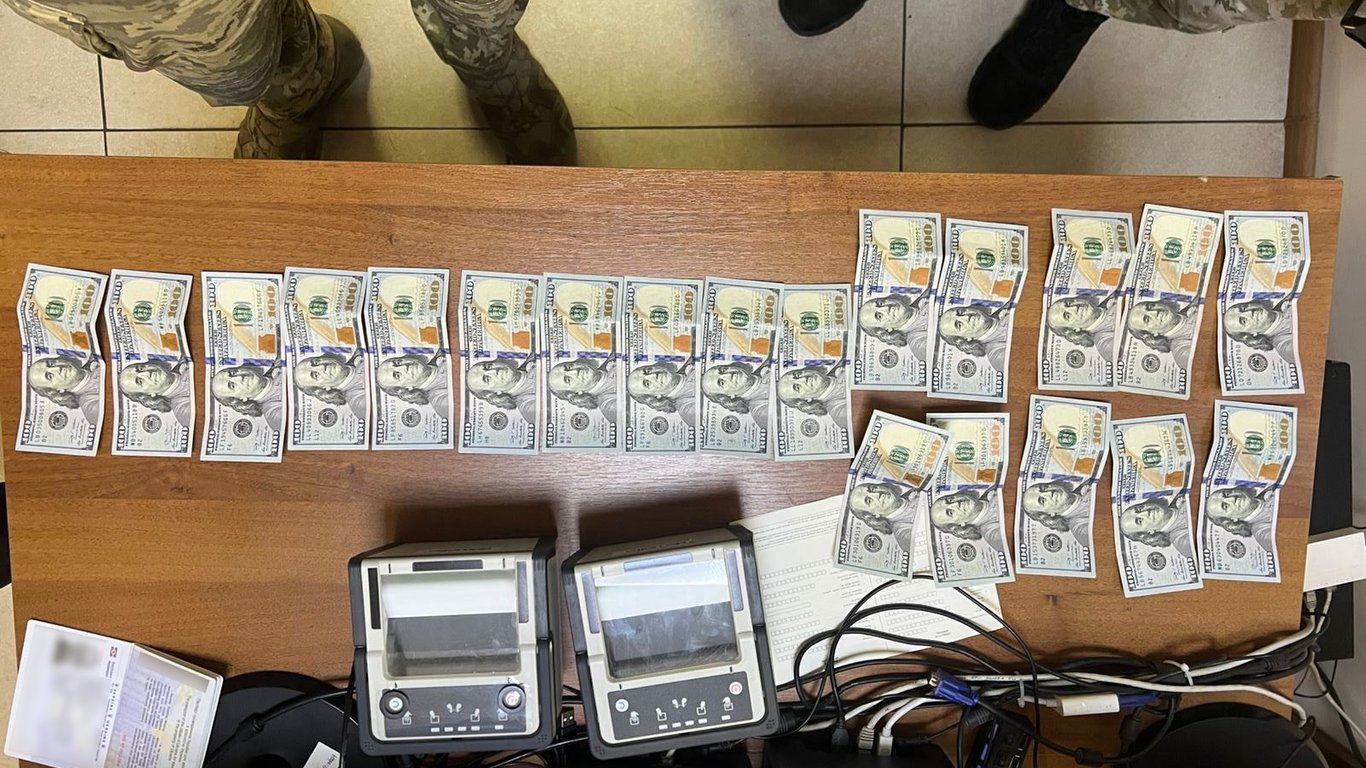
In the Odesa region, two individuals attempted to 'settle' matters with border guards by offering them bribes. However, law enforcement refused the money, and criminal proceedings were initiated against the suspects — they face restrictions or imprisonment.
This was reported by the Southern Regional Department of the State Border Guard Service of Ukraine.
Details of the Case
The first incident occurred at the 'Orlivka' checkpoint during the processing of a Ukrainian citizen's exit to Romania. The man failed to provide all the necessary documents for crossing the border, resulting in a denial of entry. In an attempt to resolve the situation, he offered the border guard 2000 US dollars.
Additionally, a Georgian citizen, who is banned from entering Ukraine, attempted to 'reach an agreement' with the border guards, offering 1000 dollars for unhindered passage. In both cases, the military personnel refused to accept the bribe and documented the offenses.
What Punishment Awaits
Both suspects have been notified of suspicion under Article 369 of the Criminal Code of Ukraine (Offering, promising, or granting unlawful benefits to an official). They face a prison sentence of two to four years of restriction or deprivation of liberty.
Recall that recently we reported on a trip to Transnistria for 10 thousand dollars. We also covered a scheme for transporting conscripts by truck.
Lively news from the Odesa region about the unsuccessful attempt to bribe border guards. Two suspects offered bribes but were refused by law enforcement. Now they face certain punishment for their actions.Read also
- The Conference on Ukraine's Recovery Continues in Rome — Details
- Trump prepares a statement on Russia and Putin - Day.LIVE broadcast
- The Prosecutor's Office checked shelters after complaints from Kharkiv residents
- For the TCC from Odesa — Bratchuk on yet another Russian misinformation operation
- Supply of Poor-Quality Clothing for the Armed Forces of Ukraine - New Details in the Case
- The International Center for Culture and Arts in Kyiv will operate for the state — the state budget will receive profit
